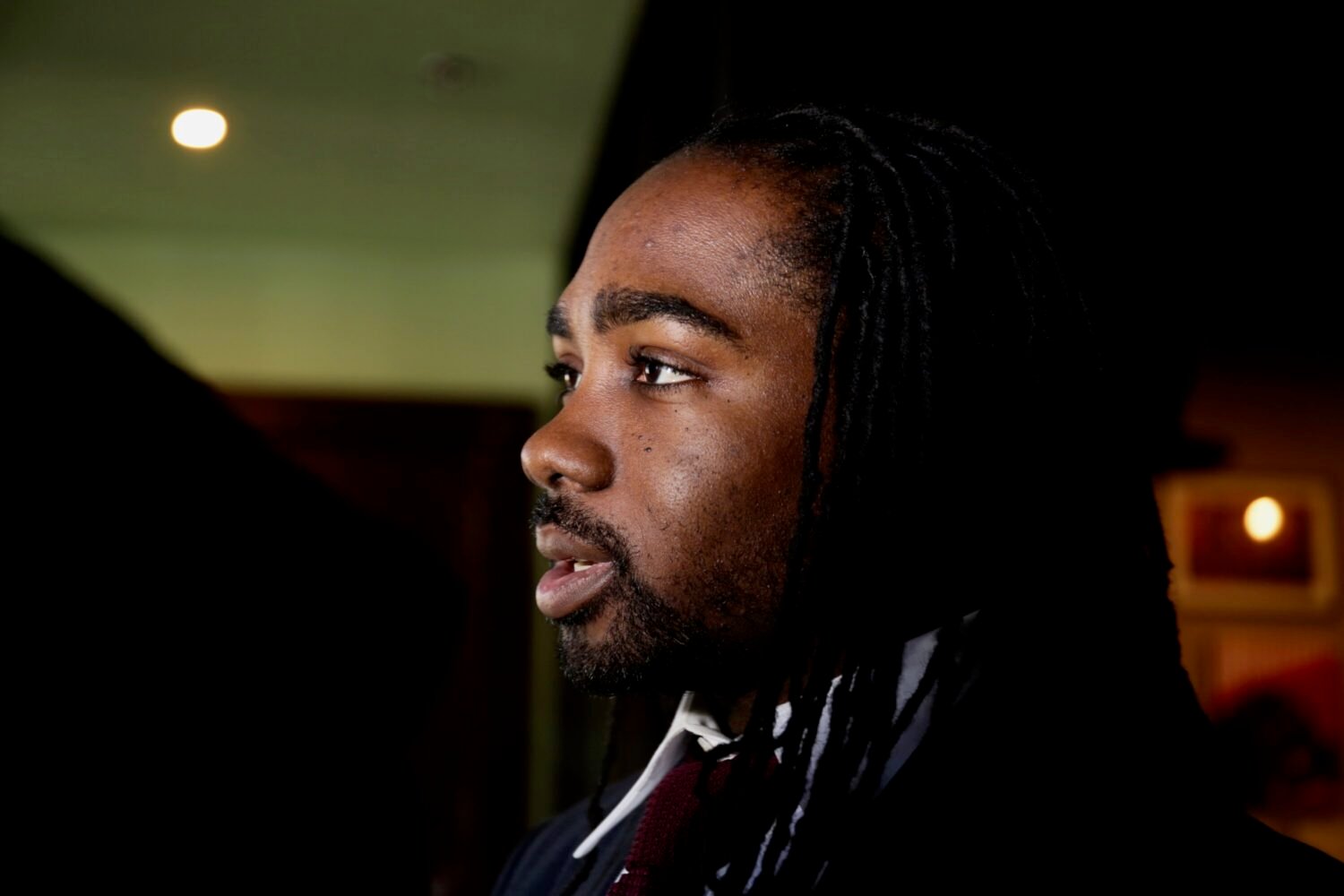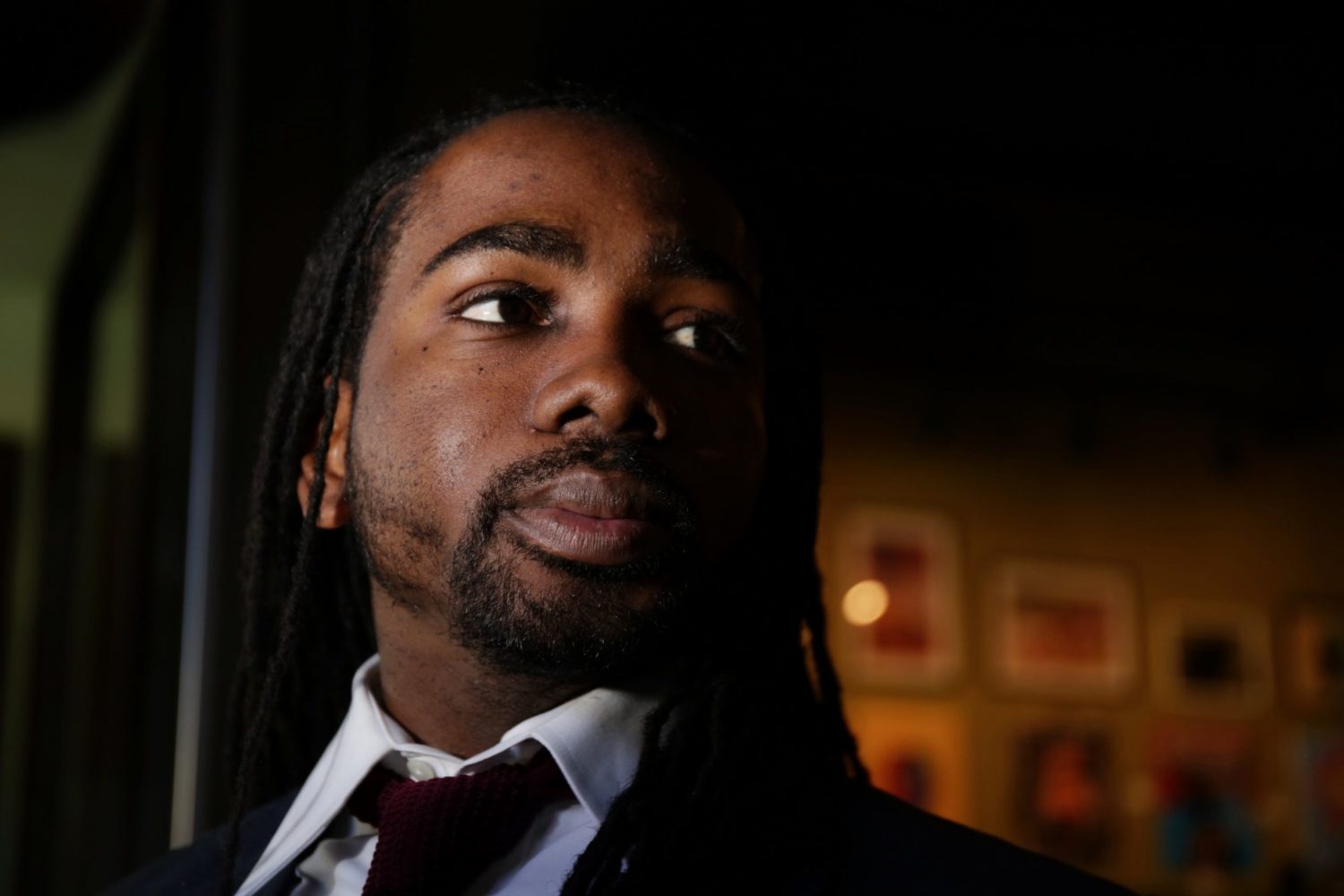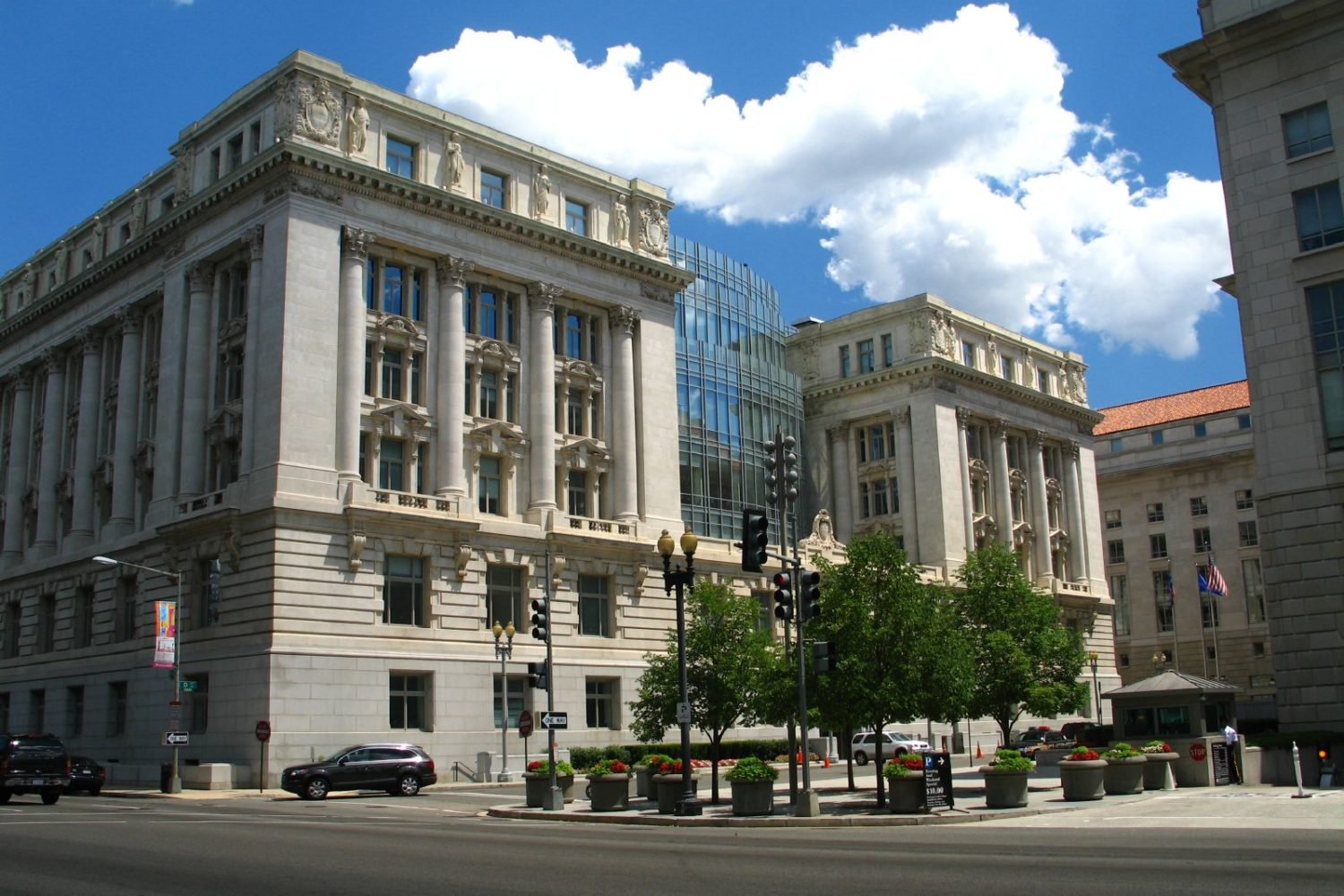Legislation announced this week by DC Council member Brooke Pinto would require the city’s embattled Office of Unified Communications, which handles 911 calls and dispatch, to publicly release audio recordings and other documents related to possible emergency response errors.
The Transparency in Emergency Response Act of 2024, which Pinto plans to formally introduce after the council returns from its summer recess next week, would require DC’s Homeland Security and Emergency Management Agency to prepare and publicly release reports regarding incidents in which:
- 911 calls were not answered or dispatched in sufficient time;
- Emergency reposers were delayed in arriving to the scene;
- A technology failure occurred;
- Any related negligence or wrongful accusations occurred;
- District residents “would be served by the production and publication of a report.”
Pinto’s proposed bill comes as the city and OUC face ongoing criticism and scrutiny for a 911 system that in recent years has been hampered by dropped calls, dispatch errors, and long response times that fall short of national standards—in turn leading to accusations that the system has failed to prevent avoidable deaths.
On August 2, for example, a computer outage at the city’s 911 call center—the fifth since May—contributed to a 15-minute delay in getting appropriate care to a five-month-old infant suffering cardiac arrest. The child died. (City officials said the matter was under investigation, and police are investigating the computer failure).
A Washingtonian investigative report published in August revealed that DC Fire and EMS has created what amounts to a shadow dispatch operation for fire and medical emergencies, correcting OUC errors in real time.
According to sources with knowledge of that operation, each time an OUC mistake is fixed, FEMS workers create a report form called a CD 1. These reports are submitted to their department’s OUC liaison and also make their way into end-of-shift reports.
When Washingtonian filed a series of FOIA requests for CD 1 forms and end-of-shift reports with OUC and FEMS, FEMS claimed it was “unable to locate” any such documents. OUC said it had no records responsive to the request.
Pinto’s bill would require the public release of “any documents describing possible errors or concerns regarding the emergency response, including CD 1 forms completed” by FEMS.
It also would require releasing audio recordings of 911 calls related to possible errors, something the OUC has in the past declined to do for anyone but the original caller.
Dave Statter, a retired WTOP and WUSA reporter who was once a volunteer firefighter and dispatcher in Prince George’s County, has been reporting on OUC’s problems for years. He told Washingtonian that the timeframe for OUC releasing 911 call-related information in Pinto’s bill—no sooner than 45 days after an incident—is too long.
“If D.C. police are required within five days to provide body cam footage when an incident occurs, you would think that 911 would be required to provide the 911 call and the computer information promptly when a death occurs, where they may be involved within a similar time frame too,” Statter said. “Within a day or two, OUC should be able to provide a clear timeline that’s known at that point. At the very least, a 911 transcript that’s redacted of personal information.”
Pinto also announced that she intends this fall to hold monthly oversight hearings on OUC and conduct unannounced biweekly visits to DC’s 911 call center.

















